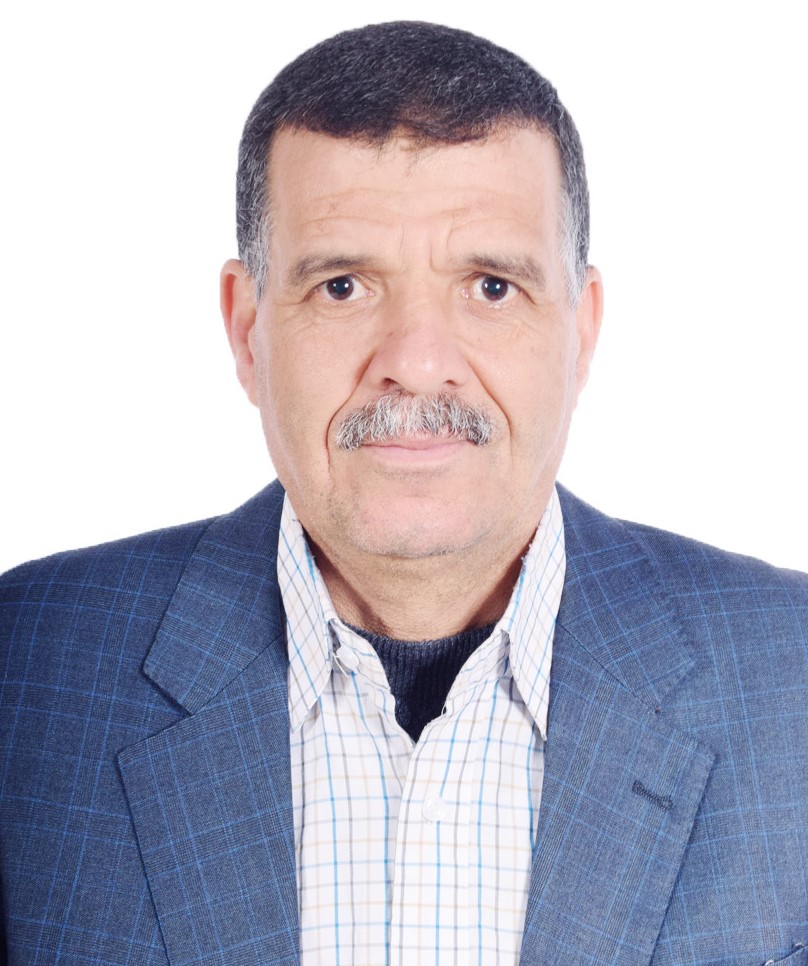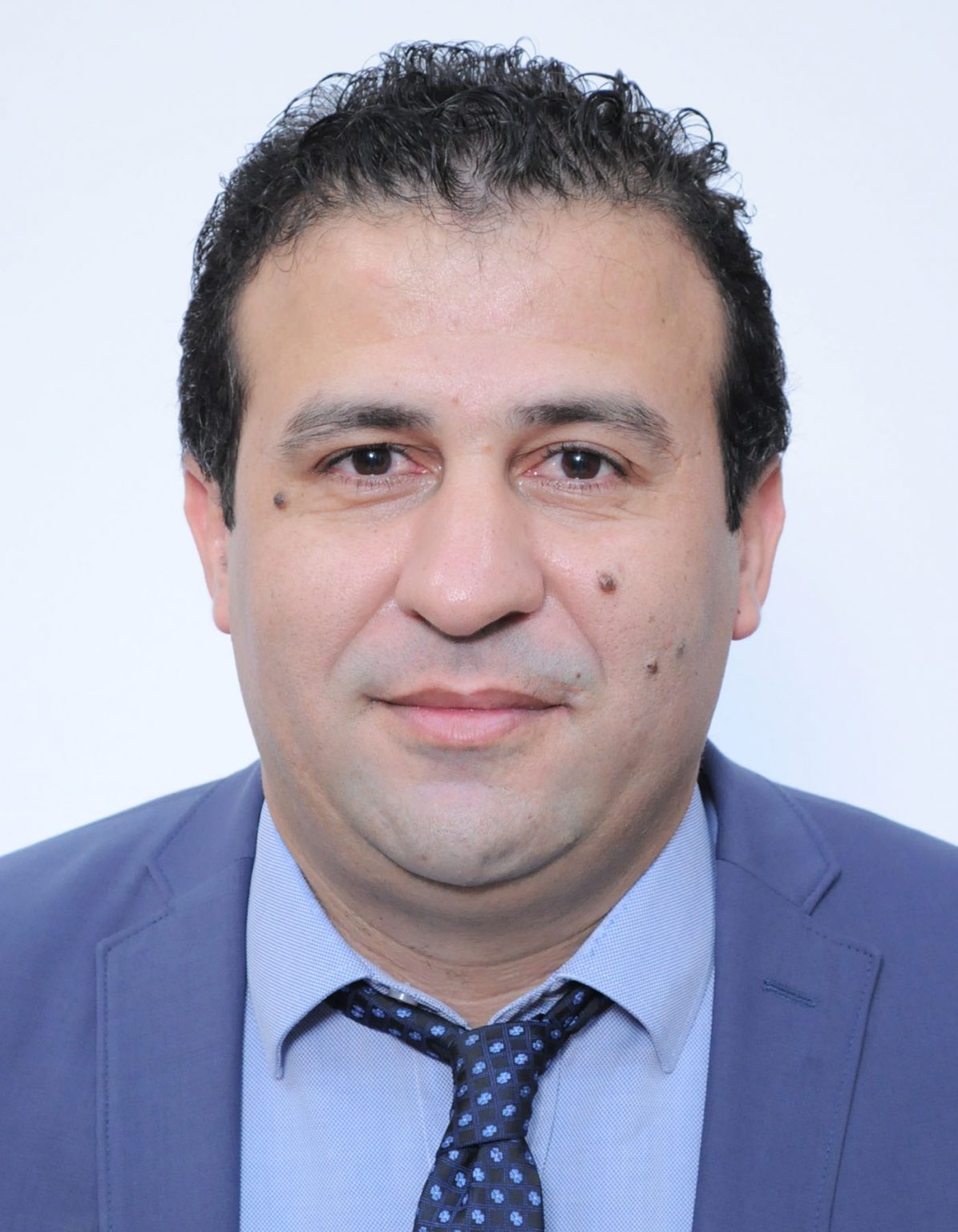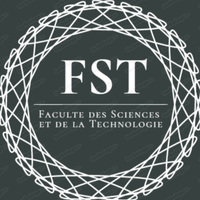International Conference President

Professor: YSSAAD Benyssaad
Honorary Chair


Professor: BAHRI Ahmed Rector of the University of Relizane
Doctor: BAGHDADI Djillali Dean of the Faculty of Sciences and Technology
Dear Participants,
We wish to inform you of a change to the schedule for the ICAISD 2025 conference. Initially planned for February 15–16, 2025, the conference has been rescheduled to April 12–13, 2025. This adjustment was prompted by directives from the Ministry of Higher Education, which charged our university for doctoral competitions during February 2025.
We sincerely apologize for any inconvenience this change may cause and deeply appreciate your understanding and flexibility as we work to ensure the success of the event.
Thank you for your continued support. We look forward to welcoming you in April for an enriching and impactful conference experience. Should you have any questions or require further assistance, please do not hesitate to reach out to us.
Objectives of the Conference
Currently, artificial intelligence (AI) has become an immense potential for managing needs while aiming to ensure the achievement of a sustainable future for all living beings on the planet, and can help to ensure the achievement of sustainable development goals in various ways, namely:
Reducing energy consumption and carbon emissions by improving energy efficiency and developing renewable energy sources. AI can be used to optimize energy consumption in buildings, vehicles, and other energy-consuming systems.
AI-based technologies are increasingly being used to optimize energy consumption in homes, businesses, and public infrastructure. AI can help identify energy-saving opportunities, forecast energy demand, and optimize energy consumption in real time.
AI can also be used to improve the efficiency of existing energy sources, such as solar and wind energy, and to develop new renewable energy sources.
Minimizing Waste and Preserving Resources: AI-powered solutions can enhance the efficiency of production processes, leading to reduced energy and resource consumption. AI can also optimize material recycling and reuse, minimizing waste generation.
Enhancing Climate Models and Precision: AI can assist in predicting the impacts of climate change and inform decision-making by improving the accuracy of climate models. It can also monitor and analyze environmental data, identifying areas of concern and guiding the development of solutions.
Revolutionizing Healthcare: AI can contribute to reducing infant mortality and improving access to medical services, leading to advancements in healthcare.
Expanding Access to Clean Water and Sanitation: AI can monitor water quality and detect contaminants, ensuring access to clean and hygienic water. It can also develop more efficient and sustainable water management systems, reducing water wastage and conserving water resources.
Improving the efficiency of existing transport systems. AI can optimize traffic flows and reduce congestion. AI can also be used to analyze data from connected vehicles, helping to identify and resolve inefficiencies in the transportation network. Additionally, AI can be used to improve the safety of transportation systems by helping detect and prevent accidents….
So, we can say that AI has the ability to help us achieve the Sustainable Development Goals. By leveraging AI to analyze data, develop new technologies and improve access to services, we can move towards achieving these goals and creating a more sustainable future.
The ICAISD 2024 conference is designed to be inclusive and accessible, offering both in-person and online participation options. Whether you prefer the energy and interaction of a face-to-face gathering or the convenience of attending from anywhere in the world, you can be a part of the event.
Publication
Adding to the value, all accepted papers will be published in the indexed conference proceedings..
For exceptional contributions, the best papers (will be considered for publication in the prestigious, indexed international journals 1- Przegląd Elektrotechniczny (SCOPUS indexed, ISSN 0033-2097 e- ISSN 2449-9544). (Publication fees may apply). 2- Journal of Electrical Systems JES (SCOPUS indexed, ISSN 1112- 5209). (Publication fees may apply).
Important Dates
Submission Deadline
December 31, 2024Novembre 20, 2024October 31, 2024Septembre 20, 2024
Acceptance Notification
January 31, 2025Novembre 28, 2024Novembre10, 2024
Final Submission of Accepted Papers
February 08, 2025Decembre 02, 2024November 17, 2024
Paper Submission
The conference will be hybrid mode. Authors can present their papers face-to-face or online.
Format
Papers should be written according to the ICAISD 2024 Template. Only PDF files will be accepted.
English is the language of the conference.
Submission
Papers should be submitted online to: https://cmt3.research.microsoft.com/ICAISD2024.
Registration
Registration fee payment deadline for accepted papers: This option prioritizes the action needed (payment) and clarifies that it applies to accepted papers only: November 1, 2024.
Downloads
Partners







